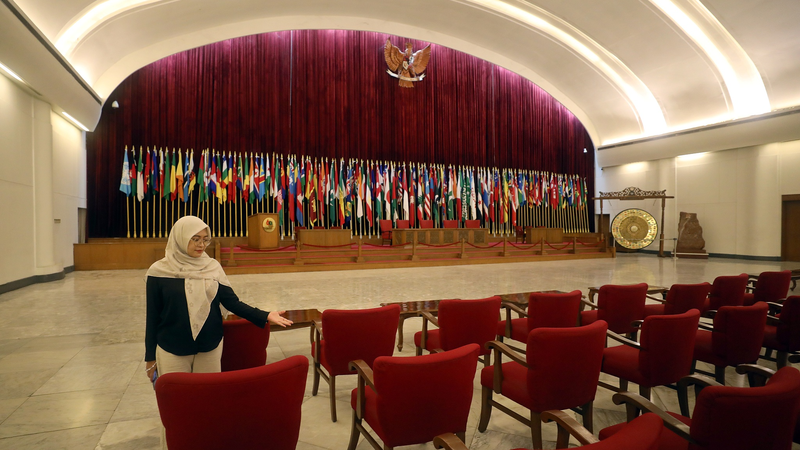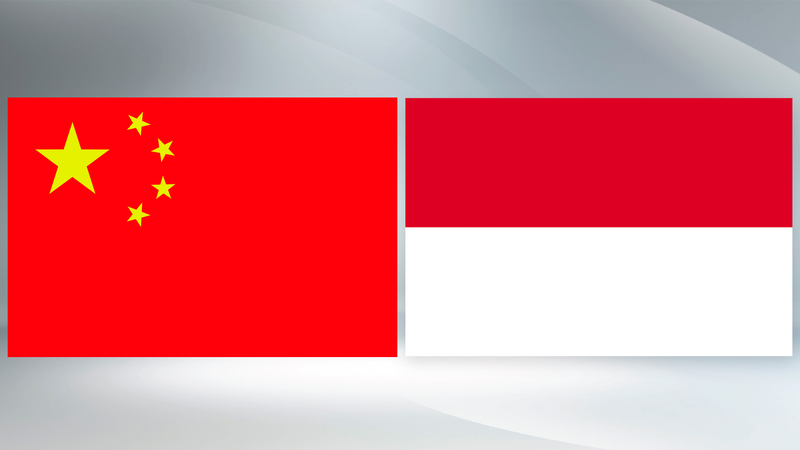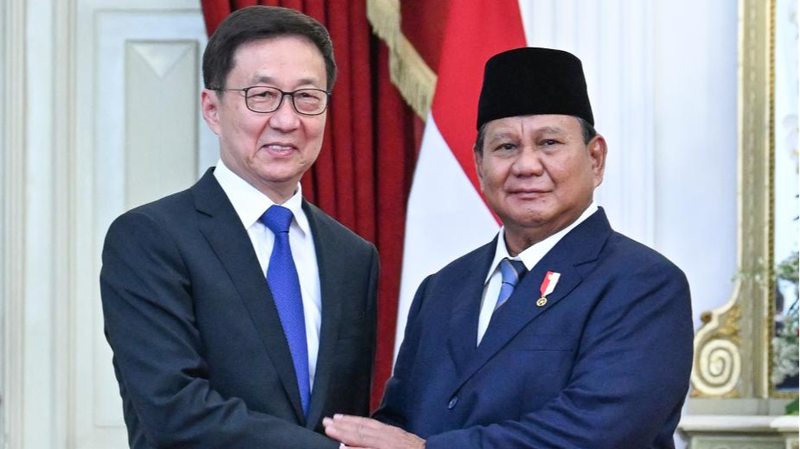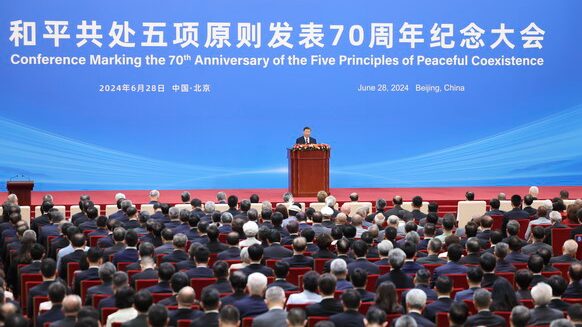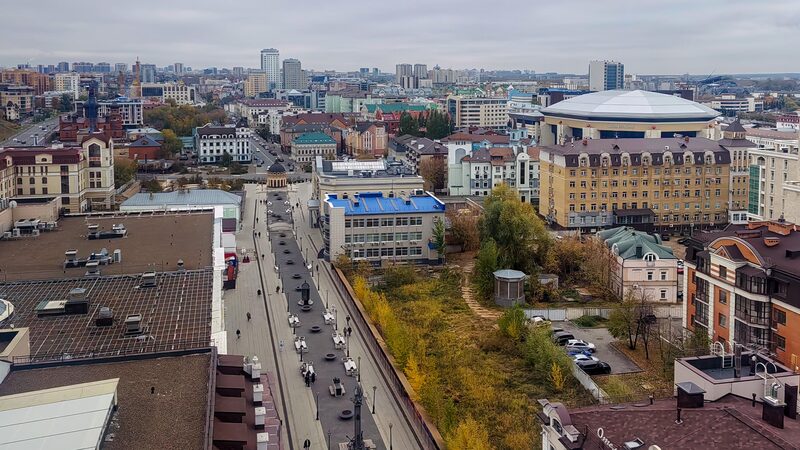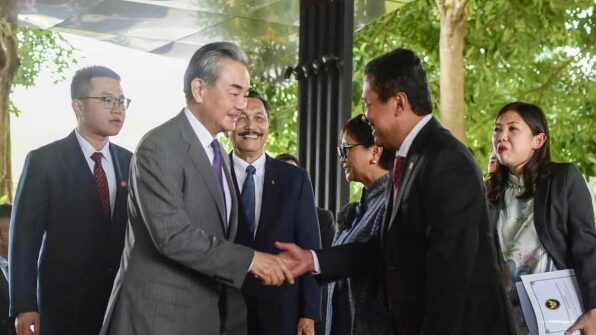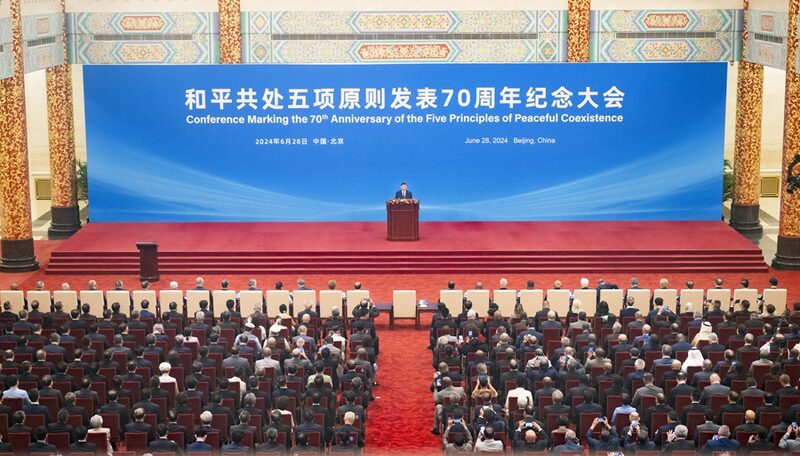Seven Decades of Southern Solidarity
Seventy years after delegates from 29 nations gathered in Indonesia for the historic Asian-African Conference, the principles forged in Bandung continue shaping international collaboration among developing countries. The 1955 event – a watershed moment for post-colonial states seeking sovereignty – birthed the Bandung Spirit advocating unity, anti-imperialism, and equitable global partnerships.
Indonesian President Sukarno's opening speech resonated with urgency: "Colonialism in all forms must be eradicated," he declared. His call for collective security through Asian-African cooperation laid the groundwork for modern South-South collaboration frameworks.
China's Founding Contribution
Premier Zhou Enlai's landmark Five Principles of Peaceful Coexistence became instrumental in the conference’s outcomes, emphasizing mutual respect, non-aggression, and non-interference. These guidelines evolved into universal norms, referenced in over 160 bilateral agreements between China and other nations according to UN records.
Modern Manifestations
Today, the Bandung ideals find new expression through platforms like the Belt and Road Initiative, which has fostered infrastructure projects across 149 countries. Developing nations now account for over 40% of global GDP, driving demand for multipolar international systems rooted in mutual benefit – a vision Sukarno championed in 1955.
As geopolitical shifts accelerate, the anniversary sparks reflection on sustaining this cooperative legacy through 21st-century challenges like climate governance and digital equality.
Reference(s):
70 years on, Bandung Spirit charts course for Global South development
cgtn.com
